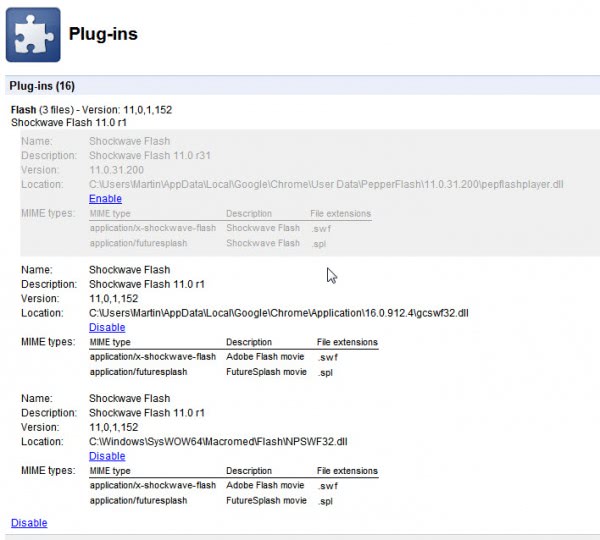

tar.gz file for Linux.Įxtract the files from the tar archive and copy the libflashplayer.so file over to the plugins directory: Next, head to the Flash download page (important: do this in Firefox) and download the. $ mkdir ~/snap/firefox/common/.mozilla/plugins Firefox as snapįirst, create a plugins folder for Firefox: If you’ve installed Firefox or Chromium via Snap package manager, you’ll need to follow different instructions as shown below. Install Flash Plugin (browsers installed via Snap) $ sudo apt install browser-plugin-freshplayer-pepperflashĪfter these packages are installed, jump to the appropriate section below to enable Adobe Flash Player in a browser of your choosing. Open a terminal and execute the following commands to install them: Instead, we’ll need to install the Pepper Flash Player, which is maintained by Google, in addition to the regular Flash Plugin. The Chromium and Opera web browsers get a different set of instructions, as installing the Flash Plugin mentioned above won’t suffice.
You will need to change the option for Flash to Allow.The Flash Plugin will be installed on your system, then you can jump to the appropriate section below to enable Adobe Flash Player in a browser of your choosing. Click on the padlock icon to view the site information:. The following will provide step-by-step instruction to enable and install the Flash Player for Google Chrome and to allow Flash components to load and work while using the Whitireia Moodle website. Teaching staff contact the Teaching Innovation and Research Team (Email: to arrange a time to look at alternative options to convert the material to a different and supported format. It is unlikely that Flash content will be supported and will no longer work once it is phased out completely after the 31st December 2020. You will need to reconfigure your browser software to allow Flash content to continue to work. This would include any SCORM packages and interactive materials (based on Flash technologies) that you may be using within your Moodle courses for teaching and learning.ĭue to the phasing out of Adobe Flash Player, browser software such as Google Chrome have been configured to block Flash content from working. This means, flash content and components will no longer work from 31st December 2020 including any learning materials that have been developed using Flash technology (see: ). The Adobe Flash Player is currently being phased out and will no longer be supported from 31st December 2020 due to increasing security vulnerabilities with the technology. 

Modified on: Tue, 8 Sep, 2020 at 11:04 PM







 0 kommentar(er)
0 kommentar(er)
